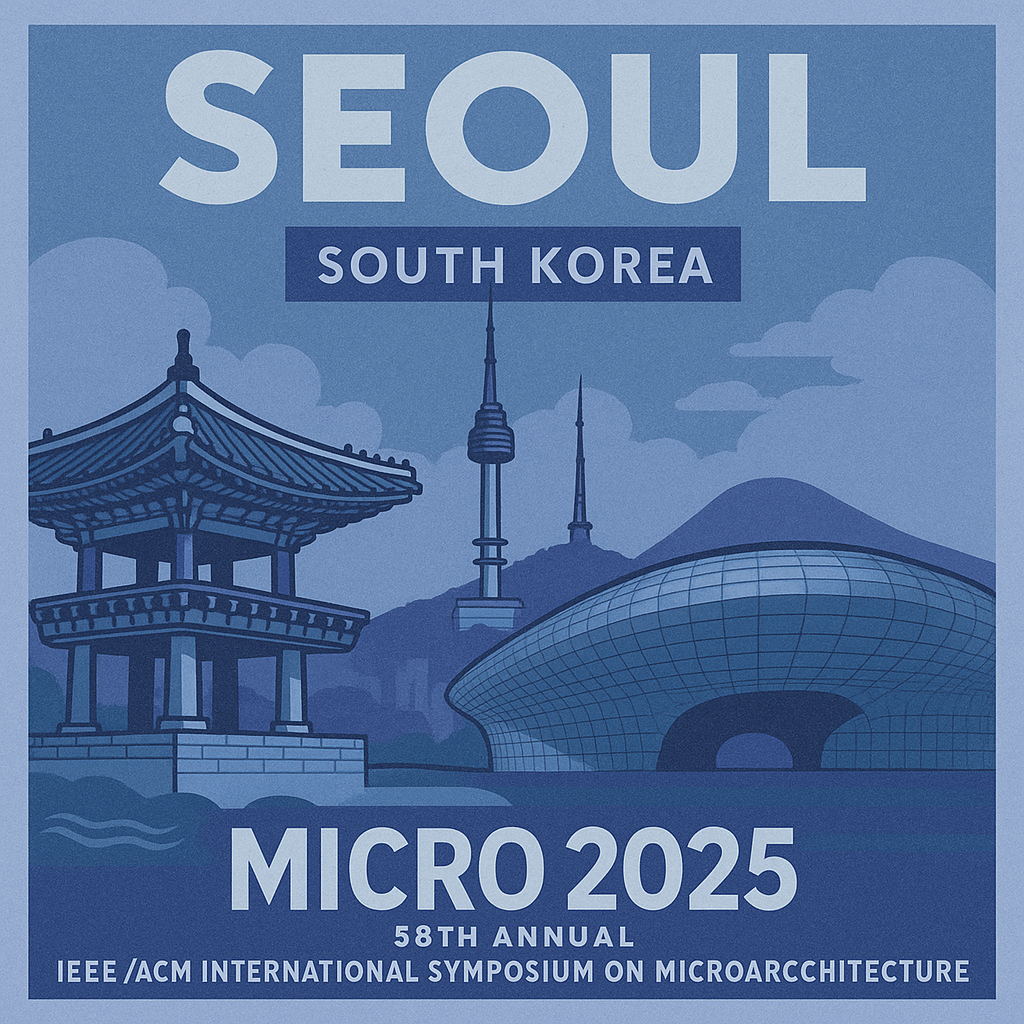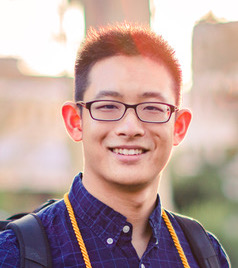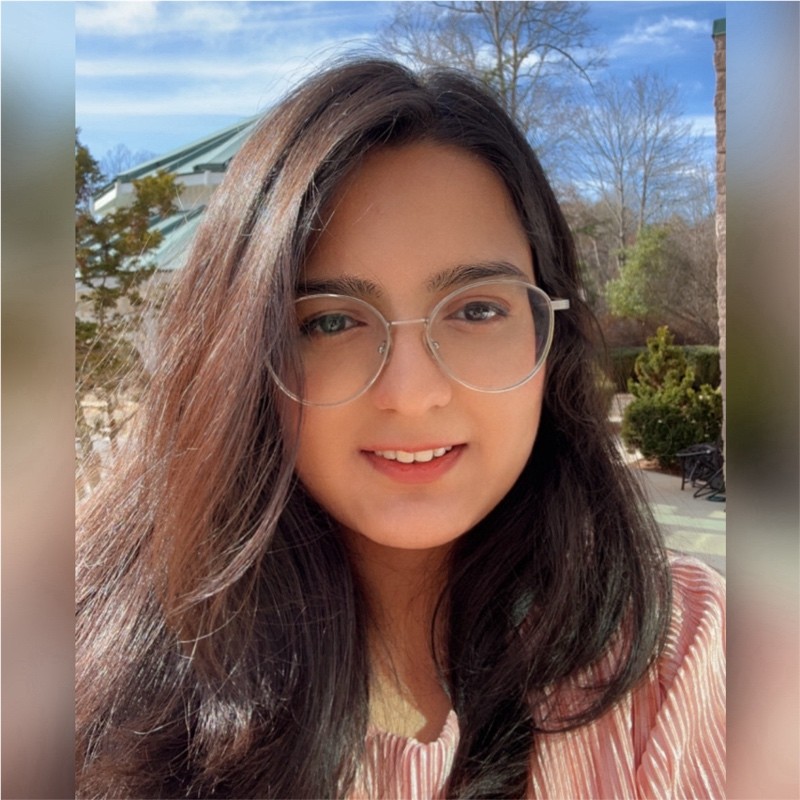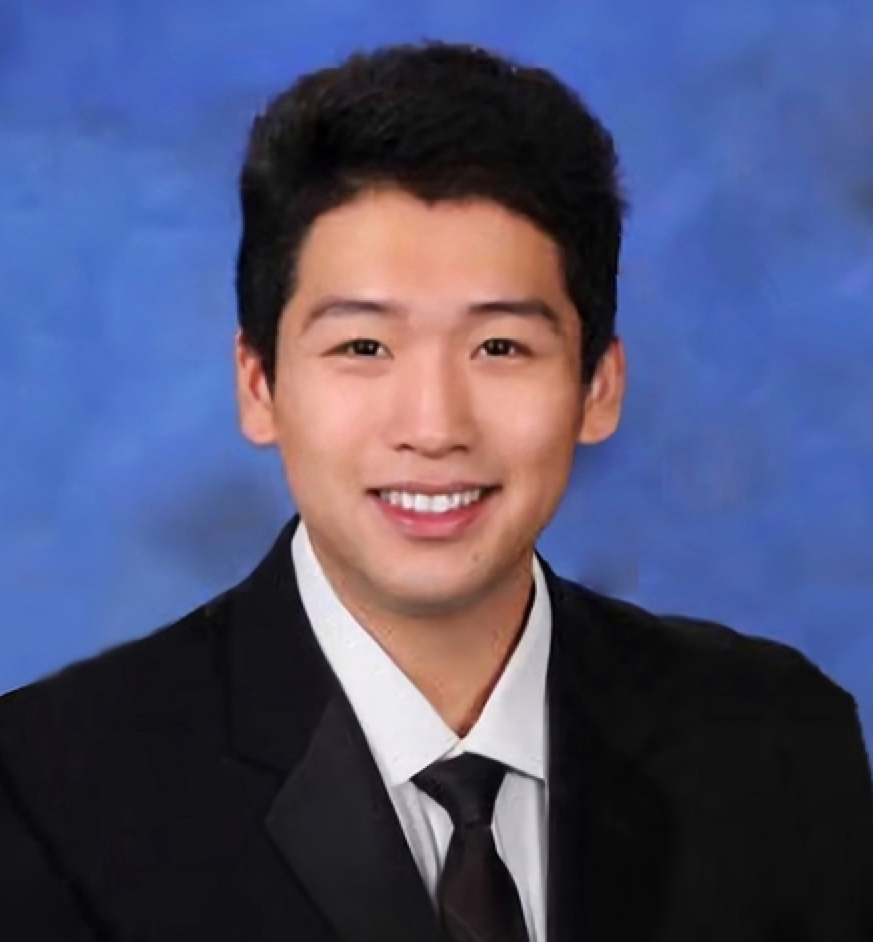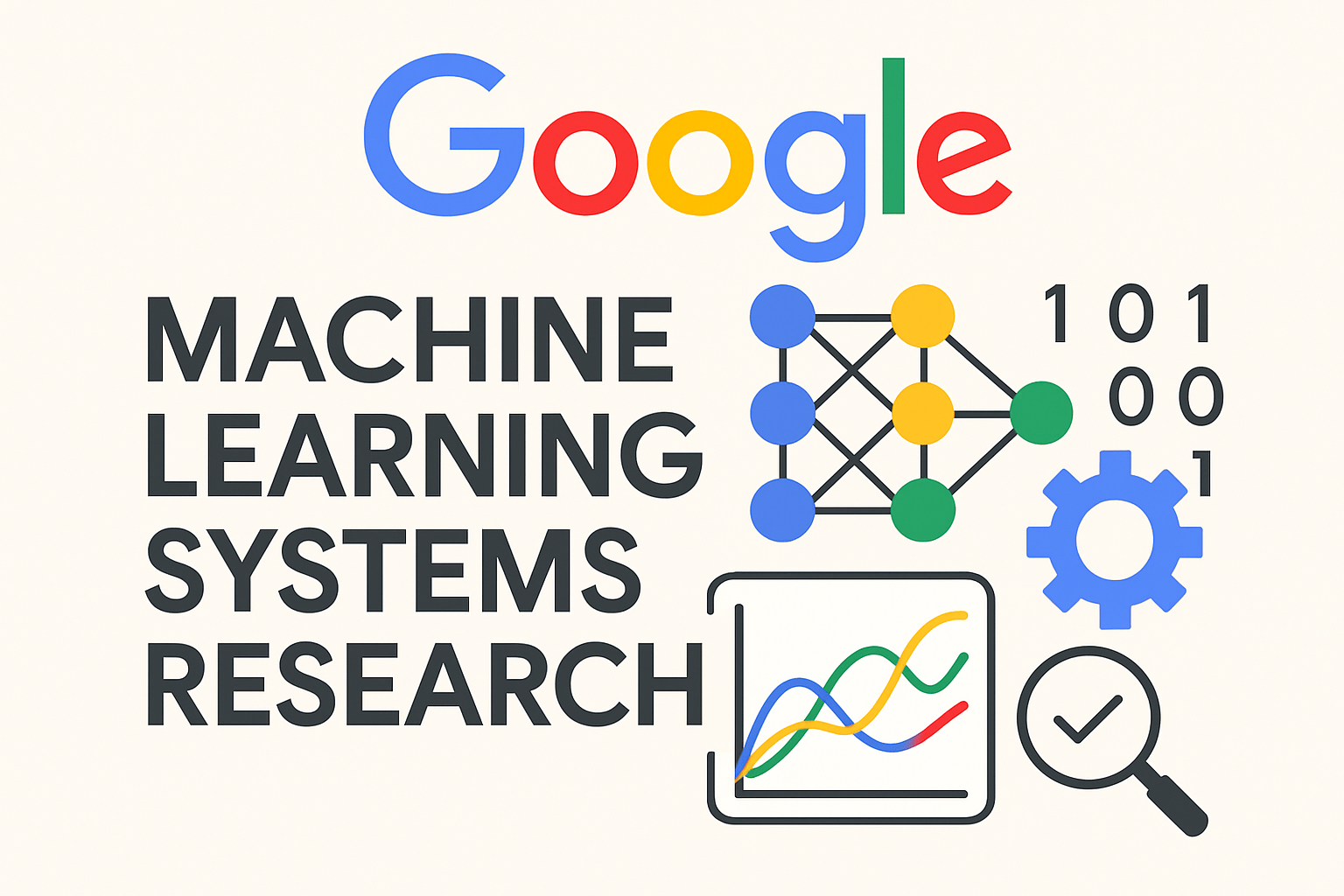
Google ML and Systems Junior Faculty Award
Thank you Google for the generous gift to support our research! We will be using this award to explore hardware and software methods to accelerate vector databases and retrieval-augmented generation for large language models. Trinity College of A...

